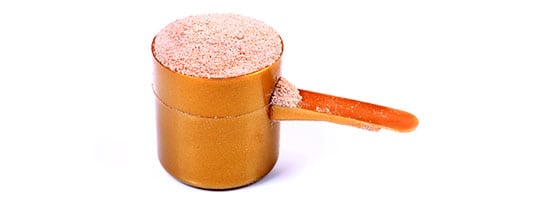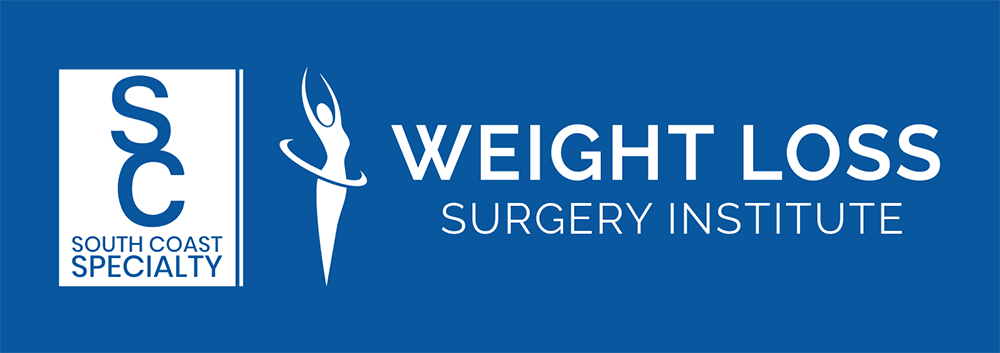
Nutritional Goals Before Weight Loss Surgery
Before you undergo weight loss surgery, you must follow precise instructions provided by your doctor to prepare for it. As the date for your operation approaches, you may be advised to follow tips like these to ensure the success of your surgery and to lay the foundation for your future weight loss and recovery.
Eat Smaller Portions
A big component of preparing for weight loss surgery involves readying yourself mentally and emotionally. As someone who is currently overweight or even obese, you may be used to indulging yourself at meals. It is this overindulgence that may have contributed significantly to your weight gain.
As such, it is important that you abandon this dietary habit and learn a new way of eating at mealtimes. Your doctor may advise you to start eating smaller portions to prepare both your mind and body for what to expect after your surgery. You may be used to eating less during meals and also be well on your way to losing weight before the date of your operation.
Follow a Prep Diet
Your doctor or nutritionist will provide you with a clear dietary outline that you should follow before your surgery. Your preparation diet may consist of foods and beverages like:
- Skim milk
- Low-fat yogurt
- Strained soups
- Protein supplements
You may be advised as well to avoid drinking liquids at least 30 minutes before scheduled meals. Your nutritionist may also tell you to spread out the consumption of liquids to three hour intervals to help your stomach shrink in size.
Learn New Weight Loss-Friendly Recipes
Finally, you should research and try out some new recipes that will facilitate the results of your weight loss surgery. These recipes should be low in fat, sugar, and carbohydrates. They also should be gentle enough for your gastrointestinal system to accommodate and process.
Your nutritionist may be your best source for recipes and food ideas that will be safe for you to use to prepare for your surgery. You also may keep these recipes on hand to utilize as you recover and start to lose weight after your procedure.

